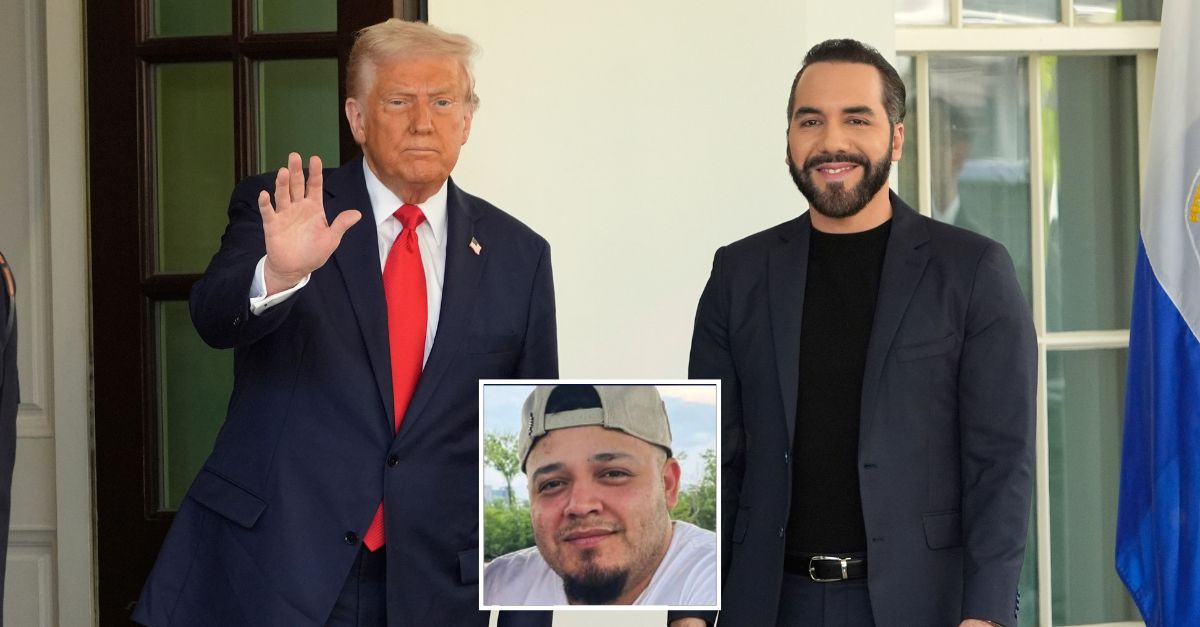4th Circuit Shoots Down Another Attempt by Trump to Keep Wrongfully Deported Dad Out US
In a sharply worded ruling, the U.S. Court of Appeals for the Fourth Circuit rebuked the Trump administration’s attempt to delay the court-ordered return of Kilmar Abrego Garcia — a legally protected Maryland resident who was wrongly deported to a prison in El Salvador. The three-judge panel unanimously rejected the Justice Department’s emergency motion, labeling the administration’s efforts “extraordinary and premature” and warning against undermining the constitutional principles of due process.
A Troubling Deportation Under Wartime Powers
Abrego Garcia, 29, who has a U.S. citizen wife and child, was deported in March under the Alien Enemies Act of 1798 — a rarely used wartime authority invoked only three times in American history, most recently during World War II. His removal was allegedly in “error,” as he was under legal protection in the U.S. Attorneys representing him argue the deportation violated multiple court orders, including a directive from U.S. District Judge Paula Xinis requiring his immediate return. Despite the Supreme Court upholding Judge Xinis’ order on April 10, mandating the government to “facilitate” Abrego Garcia’s return, the Justice Department has continuously stonewalled, submitting vague or unhelpful updates to the court. This defiance has led to accusations of intentional misconduct and the introduction of criminal contempt charges.

Judicial Outrage Over Executive Defiance
Judge Xinis expressed deep frustration with what she called the government’s “gamesmanship” and “grandstanding.” During a court hearing, she criticized DOJ lawyers and officials for failing to comply with legal obligations and ignoring court orders. The administration’s actions, she emphasized, were more than just neglect — they amounted to a deliberate obstruction of justice.
In its emergency motion filed late Wednesday, the Justice Department argued that Judge Xinis had overstepped her authority by interfering in diplomatic matters. It claimed that federal courts do not have the power to “press-gang the President or his agents” into taking diplomatic action.
However, the Fourth Circuit firmly rejected this argument, stating that while executive powers over foreign affairs are respected, the rule of law and due process cannot be overridden by presidential discretion. Judge J. Harvie Wilkinson III, writing for the court, underscored that the Constitution does not allow the U.S. government to “stash away residents of this country in foreign prisons without the semblance of due process.”
A Call for Evidence, Not Accusations
The Trump administration has attempted to justify Abrego Garcia’s deportation by claiming — without providing evidence, that he is a member of the MS-13 gang and poses a security threat. The Fourth Circuit challenged the government to prove these claims in court rather than broadcasting them in the media and filings. “Perhaps he is a terrorist, perhaps not,” Wilkinson wrote. “Regardless, he is still entitled to due process.” The panel concluded that if the government believes its position is justified, it should pursue formal legal proceedings to revoke Abrego Garcia’s protected status, not evade judicial oversight. The case underscores a broader struggle over constitutional rights, executive authority, and the integrity of U.S. courts in the face of governmental overreach.


Comments are closed, but trackbacks and pingbacks are open.